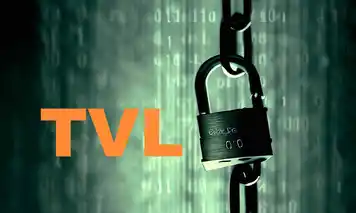Islamic banking and financial regulations have established specific guidelines. The rise of digital currencies has naturally drawn attention from Islamic scholars and practitioners. This piece explores the compatibility of cryptocurrencies with Islamic principles and their status under Sharia law.
ARE DIGITAL CURRENCIES ACCEPTABLE IN ISLAMIC PRACTICE?
Sharia texts indicate two main concerns with cryptocurrencies:
- Transaction anonymity, which falls under the concept of gharar (uncertainty). The anonymous nature of digital currency transfers means participants cannot identify each other.
- Significant volatility, which relates to maysir (gambling-like behavior). The extreme price fluctuations and associated risks of cryptocurrencies make them comparable to gambling activities.
Islamic tradition also maintains that currency issuance should be a state function. However, Sharia law hasn't explicitly banned digital currencies.
ISLAMIC CURRENCY REQUIREMENTS
Sharia law outlines several key currency criteria:
- Physical presence or verifiable existence. Valid currencies must be tangible or demonstrably real, with stable values unlike Bitcoin's dramatic fluctuations. Traditionally, Islam recognizes value in physical commodities like precious metals and essential goods.
- Limited availability. Items easily obtained or generated aren't considered valid currency. Therefore, computer-mined cryptocurrencies fail to meet Islamic standards.
- Government oversight. Currency management, including circulation and stability measures, should be under state control. These requirements make it difficult to justify cryptocurrencies under Islamic law, despite the absence of explicit prohibitions.
A notable development is Tatarstan's halal cryptocurrency, itcoin, backed by cattle meat (10 kg per coin), aligning with Islamic requirements for natural asset backing.
DIVERSE PERSPECTIVES IN THE MUSLIM COMMUNITY
Views on cryptocurrency acceptance vary within the Muslim community. Blossom Finance founder Matthew Martin, a Muslim, considers Bitcoin halal, citing its mathematical and programming foundations as legitimate security.
However, Turkish religious authorities oppose cryptocurrencies, viewing them as incompatible with Islamic principles due to their speculative nature and lack of government oversight.
- How to reflash the Antminer S9?
- What is more profitable PPS or PPLNS?
- Hybrid cryptocurrency exchanges: what is HEX?
- What is Dash (Dash) cryptocurrency?
- How to Know Mining: Key Terms
- The best software miners for a quick start
- What is a scam?
- What are parachains?
- What is NFT?
- What is Bitcoin?
- How to assemble a rig for mining with your own hands







